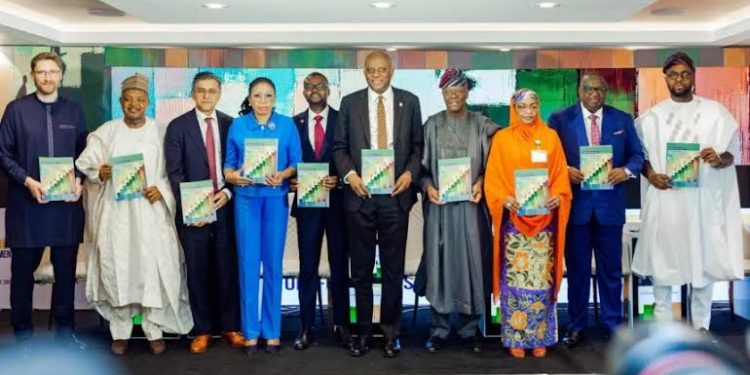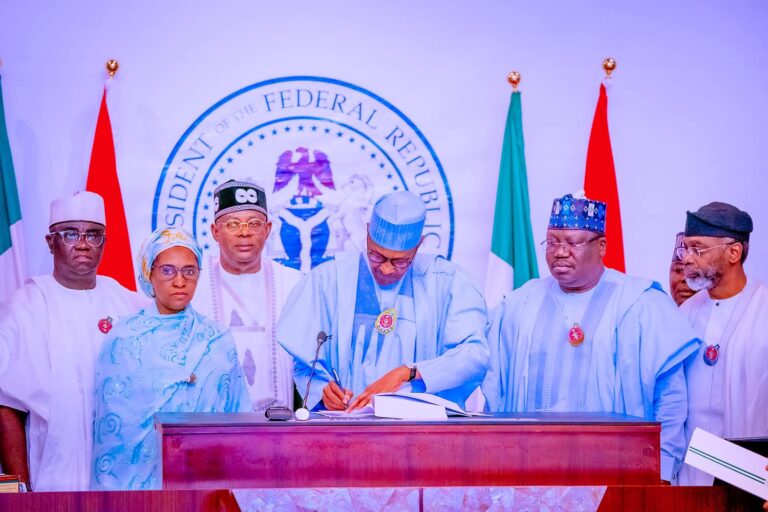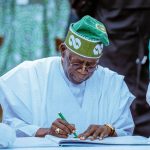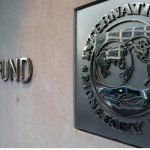The World Bank has raised concerns that Nigeria is yet to realize the full revenue gains expected from the removal of the petrol subsidy, as only about half of the proceeds are currently being remitted by the Nigerian National Petroleum Company (NNPC) Limited.
Speaking at the launch of the May 2025 Nigeria Development Update (NDU) in Abuja, the World Bank’s lead economist for Nigeria, Alex Sienaert, said that while the official end of petrol subsidies began in October 2024—when NNPC started using the official exchange rate for fiscal transactions—the resulting revenues are not yet flowing fully into government coffers.
“NNPC was still only transferring about half of the resulting revenue gains from the subsidy elimination to the federation as of January, due to arrears and counter-arrears,” Sienaert said. He stressed the importance of ensuring that all revenue benefits from subsidy reforms eventually reach the federation account to sustain the country’s fiscal health.
The warning comes nearly a year after President Bola Tinubu declared the end of the fuel subsidy regime in May 2023. Despite that announcement, NNPC disclosed in August that the federal government still owed it N7.8 trillion for under-recovery, raising questions about the extent to which subsidy removal has been fully implemented.
The World Bank also expressed reservations about Nigeria’s 2025 national budget, describing it as ambitious and potentially difficult to fund. Sienaert pointed to optimistic assumptions such as daily oil production of 2.1 million barrels and a crude oil price of $75 per barrel, warning that any shortfalls could push the country toward increased borrowing or renewed dependence on deficit financing through the Central Bank’s Ways and Means advances.
“If financing requirements exceed what’s budgeted, it could create fiscal pressure or force a return to monetized deficits—something the government had pledged to avoid,” he said. “That would be extremely damaging to efforts to rebuild confidence in Nigeria’s fiscal management and currency.”
While the World Bank acknowledged Nigeria’s ongoing economic reforms, including unifying exchange rates and tightening monetary policy, Sienaert also noted that these changes—particularly subsidy removal—have led to a sharp rise in the cost of living. Vulnerable households have been the most affected, prompting calls for more robust social support systems.
He criticized the slow implementation of Nigeria’s targeted cash transfer programme, which offers N25,000 monthly to 15 million beneficiaries for three months. Only about a third of the intended recipients have received payments so far. “The programme is now scaling up more quickly, which is essential to cushioning the impact of reforms,” Sienaert said.
Sienaert also urged the federal government to eliminate subsidies in the electricity sector, describing them as wasteful and regressive. In the fourth quarter of 2024 alone, the Nigerian Electricity Regulatory Commission (NERC) reported that electricity subsidies cost the government N471.69 billion.
Despite these challenges, the World Bank acknowledged improvements in budget transparency and oil revenue reporting, as well as gains in non-oil tax reforms. However, it emphasized the urgent need for Nigeria to grow its economy and generate more jobs if it hopes to reach its goal of becoming a $1 trillion economy by 2030.
In conclusion, while Nigeria’s reform agenda has made some headway in stabilising its macroeconomic framework, the World Bank insists that full implementation, especially of subsidy reforms and revenue remittance, remains critical to restoring investor confidence and ensuring long-term fiscal sustainability.










